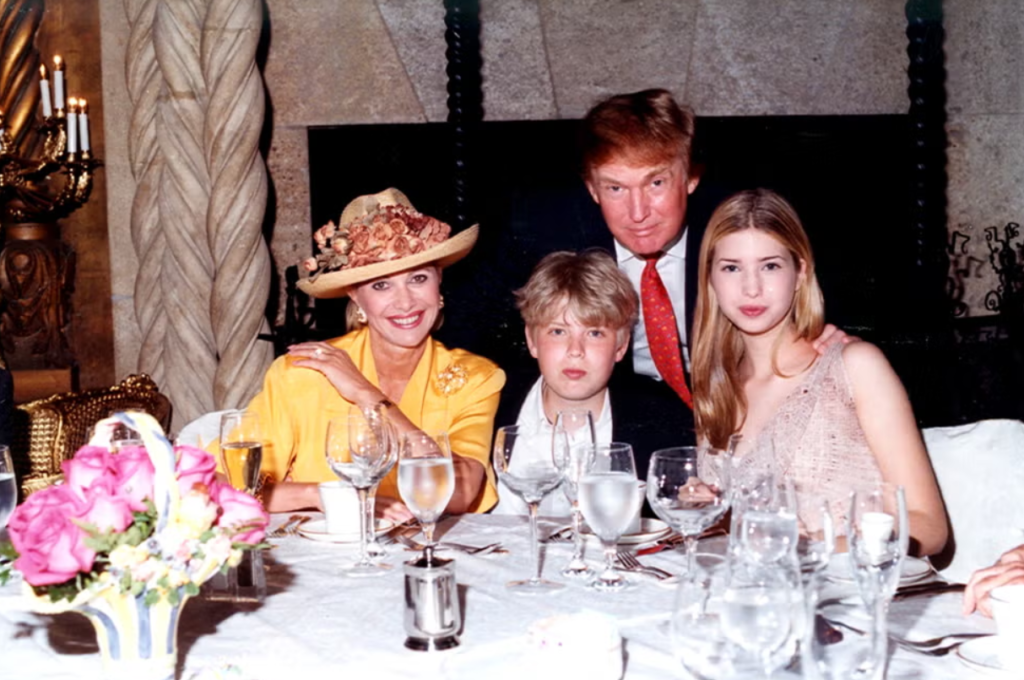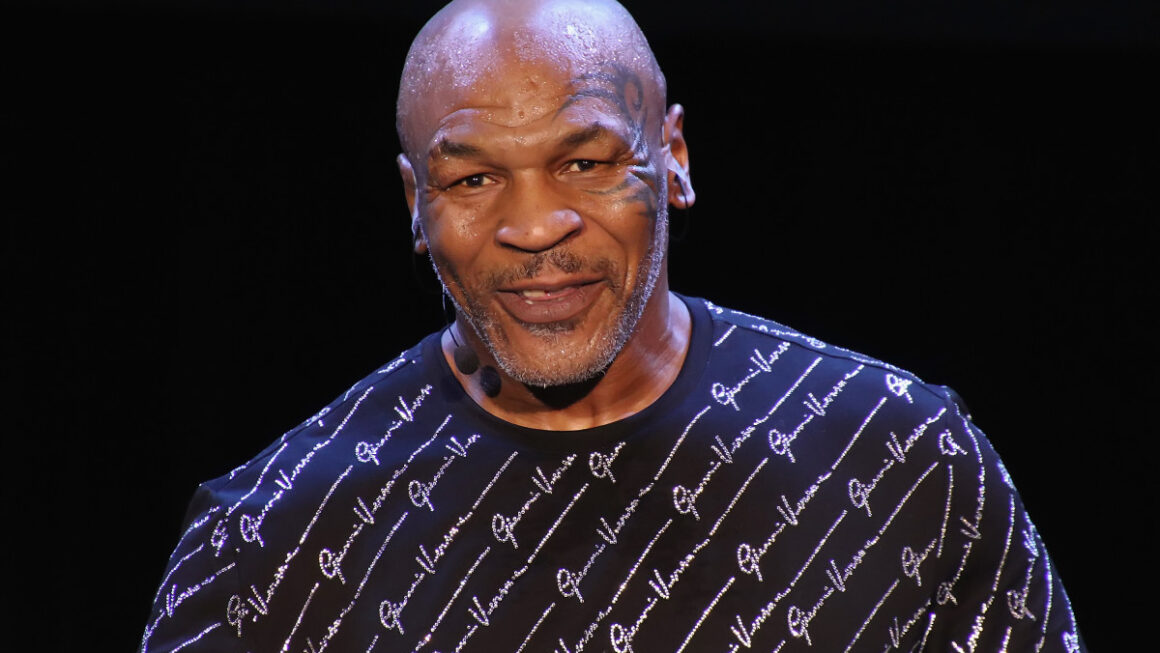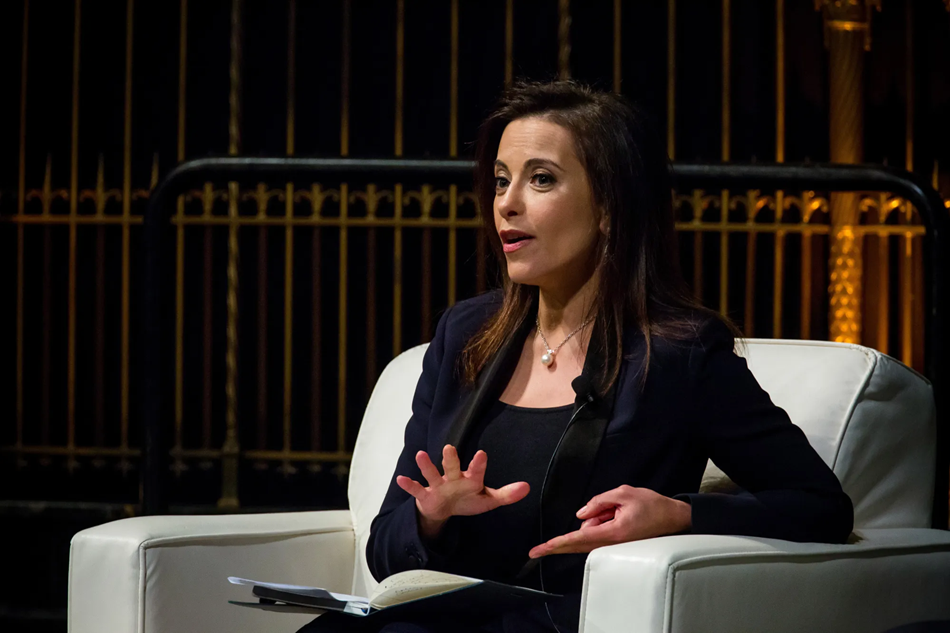Donald Trump, the 45th President of the United States, is a figure who has garnered both fervent supporters and staunch critics throughout his career. A businessman turned politician, Trump’s unique approach to leadership and policy has had a profound impact on American politics and global relations. This article delves into his early life, business ventures, political career, controversies, and lasting legacy.
Early Life and Education
Born on June 14, 1946, in Queens, New York City, Donald John Trump is the fourth of five children in the Trump family. His father, Fred Trump, was a successful real estate developer, and his mother, Mary Anne MacLeod, was a Scottish immigrant. Trump attended the Wharton School of the University of Pennsylvania, where he earned a Bachelor of Science in Economics in 1968. His educational background laid the groundwork for his future in business and real estate.

Business Career
Trump began his career in real estate by joining his father’s company, E. Trump & Son, where he worked on residential projects in New York City. In the 1970s, he gained prominence by developing the Commodore Hotel, which he transformed into the Grand Hyatt New York. This success propelled him into larger projects, including the Trump Tower, which became a symbol of his brand.
Throughout the 1980s and 1990s, Trump expanded his business interests into various sectors, including casinos, golf courses, and television. His reality show, The Apprentice, further increased his fame and solidified his status as a household name. However, Trump’s business ventures were not without challenges; he faced several bankruptcies in the early 2000s that raised questions about his financial acumen.
Political Career
Trump’s political journey began in earnest in June 2015 when he announced his candidacy for the presidency. Running as a Republican, Trump quickly gained a following due to his unfiltered rhetoric and populist message. He focused on issues such as immigration reform, trade policies, and national security, appealing to many voters who felt disenfranchised by the political establishment.
In the 2016 presidential election, Trump defeated Democratic candidate Hillary Clinton, securing his place in history as one of the most polarizing figures in American politics. His presidency, from January 20, 2017, to January 20, 2021, was marked by significant events, including the appointment of three Supreme Court justices, tax reform, and the handling of the COVID-19 pandemic. He is the Candidate of US President Election 2024.
Controversies and Impeachment
Trump’s presidency was rife with controversies that sparked intense debate across the political spectrum. His administration faced criticism for its handling of immigration, particularly the separation of families at the U.S.-Mexico border. Additionally, Trump’s use of social media, especially Twitter, to communicate directly with the public often led to misinformation and heightened tensions.
In December 2019, Trump became the third president in U.S. history to be impeached by the House of Representatives, accused of abuse of power and obstruction of Congress regarding his dealings with Ukraine. He was acquitted by the Senate in February 2020. The political divisions intensified further with the events surrounding the 2020 presidential election, which Trump claimed was marred by widespread voter fraud—a claim that was widely debunked.
The January 6 Capitol Riot
One of the most significant events of Trump’s presidency occurred on January 6, 2021, when a mob of his supporters stormed the U.S. Capitol in an attempt to overturn the election results. This unprecedented attack resulted in widespread condemnation, leading to Trump’s second impeachment by the House of Representatives. He was charged with incitement of insurrection but was again acquitted by the Senate.
Legacy and Influence
Despite the controversies, Trump’s influence on the Republican Party and American politics is undeniable. He reshaped the party’s platform, emphasizing nationalism and populism. His approach to foreign policy, including a more isolationist stance and a focus on America First, has had lasting implications for U.S. relations worldwide.
As of now, Trump remains a central figure in American politics, with a loyal base that continues to support him. His potential candidacy in the 2024 presidential election keeps the public’s attention on his actions and statements.
Conclusion
Donald Trump’s life and career reflect a complex interplay of business, politics, and media. His presidency has left an indelible mark on the United States, shaping the discourse on numerous critical issues. As the nation continues to grapple with the effects of his policies and the political climate he cultivated, understanding Trump’s legacy is essential for comprehending the future of American politics. Whether viewed as a champion of the forgotten or a divisive figure, Trump’s impact on history will undoubtedly be debated for years to come.












